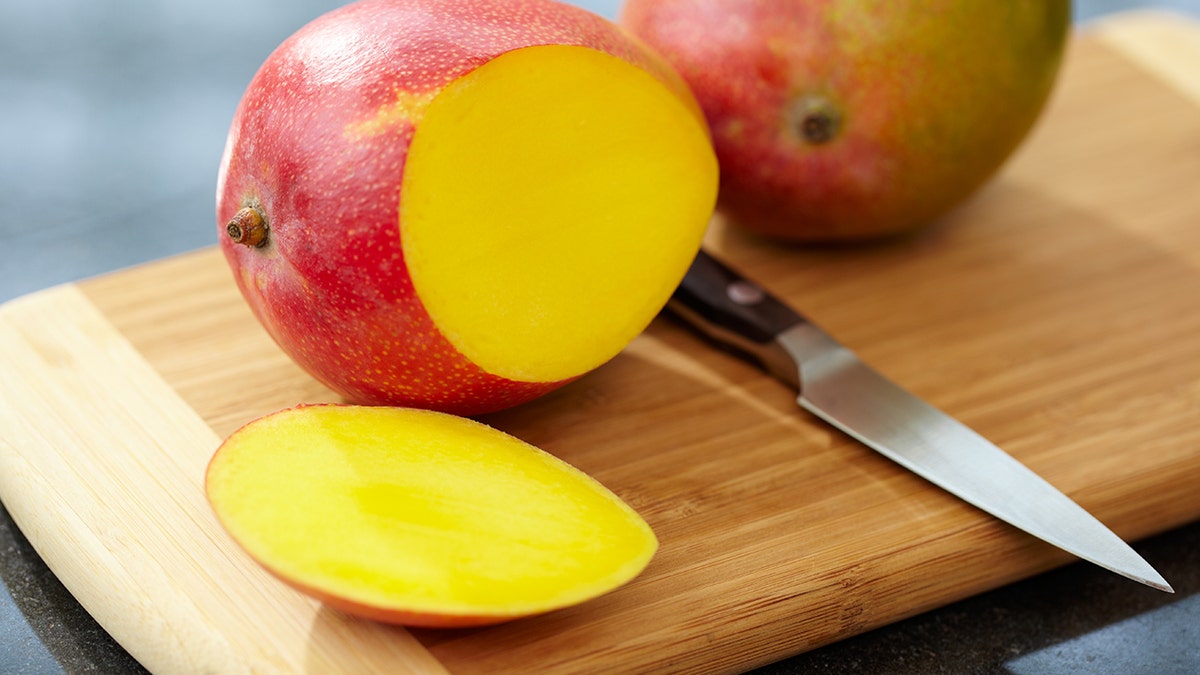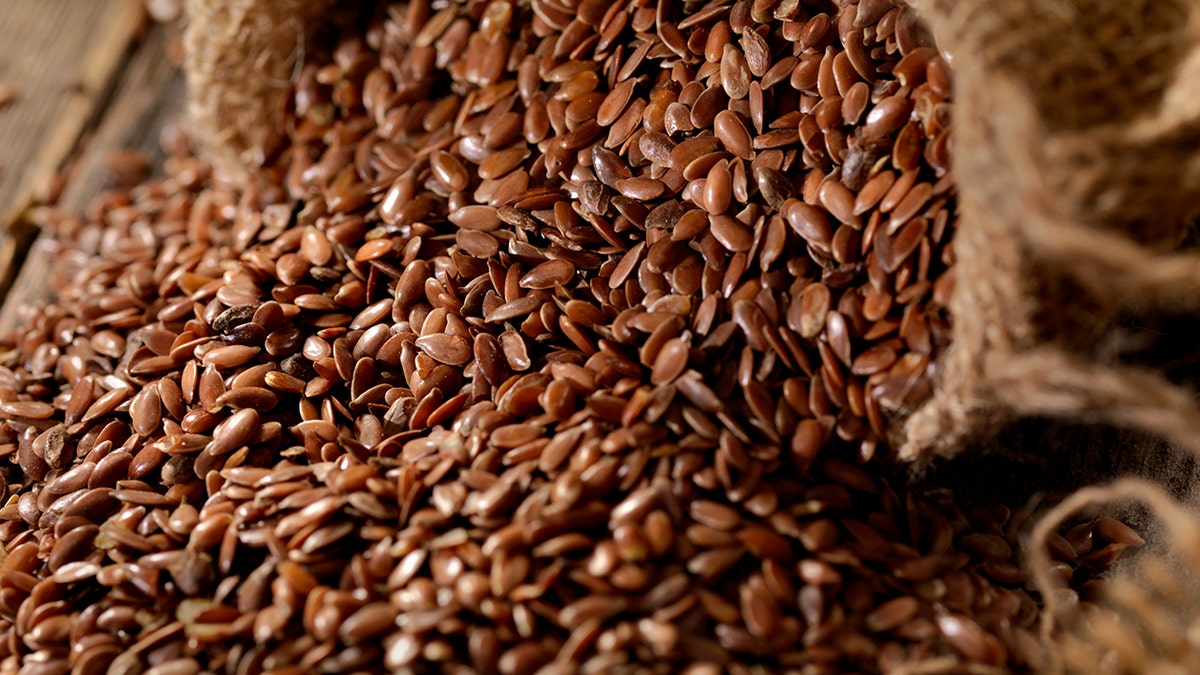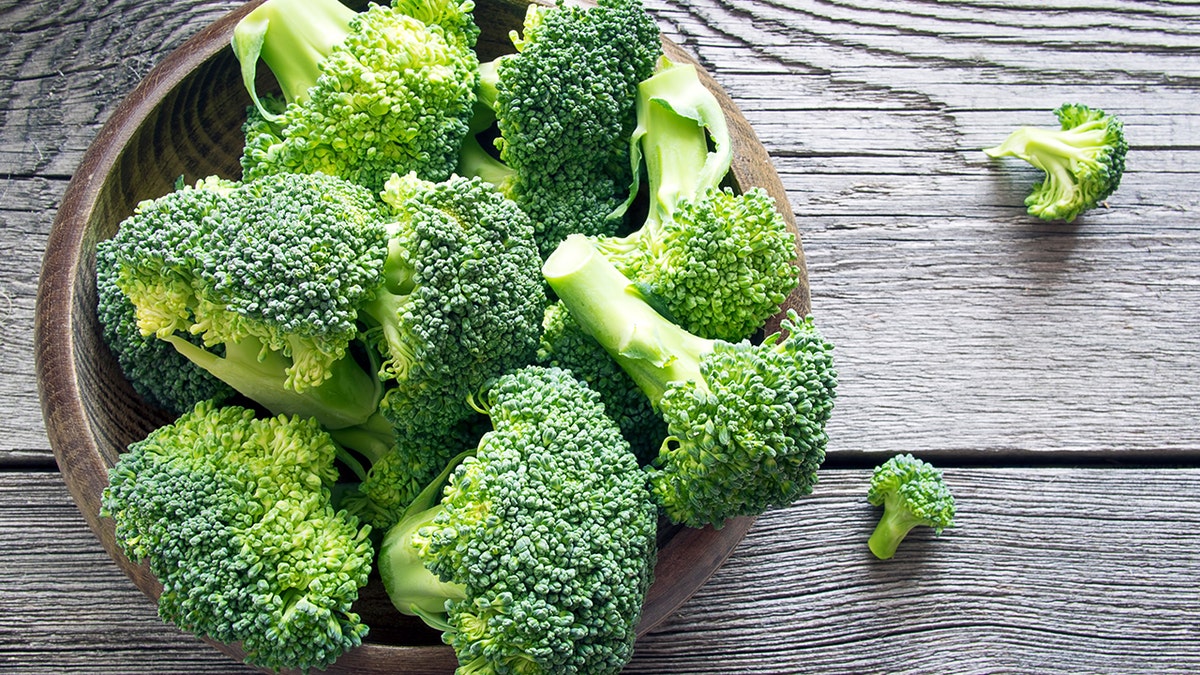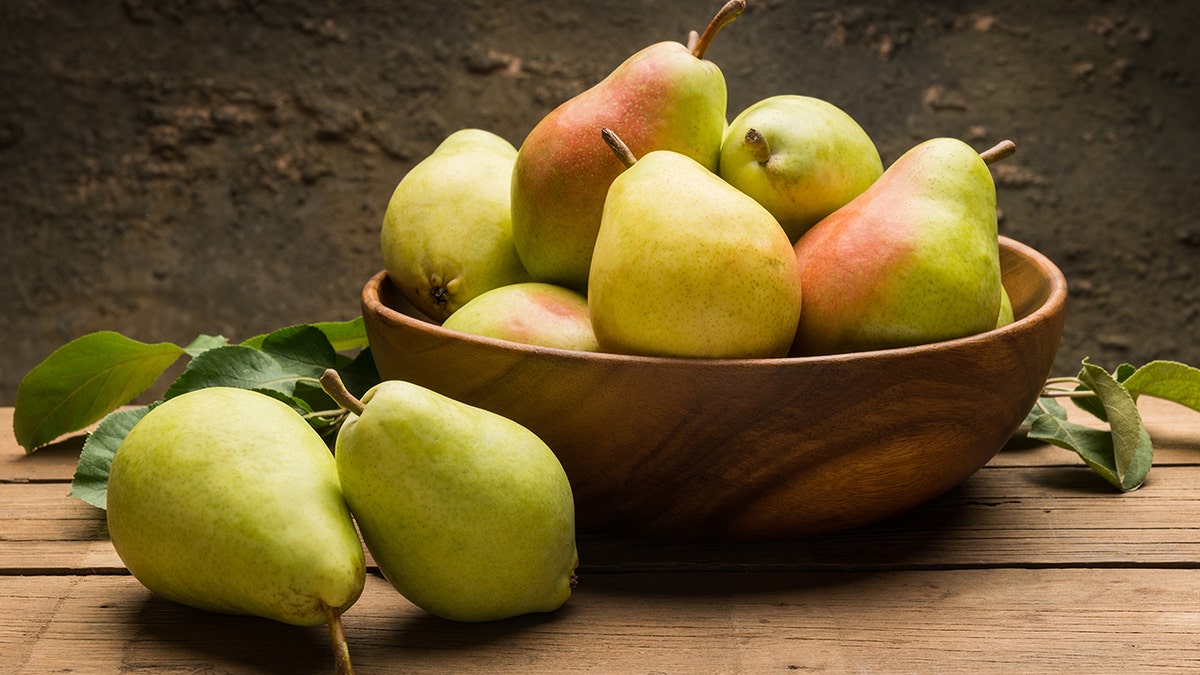
Most of us experience constipation once in a while. Not only is it uncomfortable, the condition can also cause irritability, fatigue and bloating. If you suffer from constipation more than occasionally, or the problem includes severe pain or bleeding, check with your doctor to see if something more serious is going on. While there are several causes for constipation, what you eat (lots of fiber!) and drink (lots of water!) can help get things moving. In addition to drinking plenty of water, which will help make your bowel movements softer and easier to pass, here are five foods to add to your grocery list for a happier pit stop.
Mangos

(iStock)
The most popular fruit in the world, mangos are rich in vitamins, minerals and antioxidants, as well as fiber to aid digestion. But it might be more than the fiber in mangos that helps get things moving. A recent study conducted at Texas A&M University found that people with chronic constipation supplemented with a mango supplement (the equivalent of one medium-sized mango a day) showed a more significant reduction in constipation in a four-week period compared to people receiving a non-mango fiber supplement. The researchers believe the phytochemicals in mango pulp were responsible for the better response on constipation, as well as inflammatory markers.
Flaxseeds

(iStock)
Known as one of the best ways to improve digestive health or relieve constipation, flaxseeds are a good source of fiber and omega-3 fatty acids. In one small study, 55 people with constipation caused by irritable bowel syndrome (IBS) found that those who took flaxseeds not only reduced constipation but also showed a reduction in abdominal pain and bloating as compared to those who used psyllium (a fiber supplement). Like all sources of fiber, drink lots of water when consuming flaxseed and if you choose to include them in your diet, gradually work your way up to 2 tablespoons per day. Since our bodies can’t break down the whole seed, grind them (you can use a coffee grinder) directly before adding them to your food to get the most nutrients.
Broccoli

(iStock)
A powerhouse of nutrients, broccoli also contains fiber for digestive health. In addition, broccoli and other cruciferous vegetables contain an antioxidant called sulforaphane, which has been shown to lower the risk of chronic inflammation and help protect the lining of the stomach from bacterial overgrowth. Decreased inflammation in the digestive tract means less stress on the bowel, which can help decrease constipation.
Yogurt

(iStock)
Yogurt contains tens of millions of live beneficial bacteria called probiotics. Probiotics promote a healthy gut while decreasing inflammation. A research review of 14 studies published in the American Journal of Clinical Nutrition found that on average, probiotics slowed “gut transit time” by 12.4 hours, increased the number of weekly bowel movements by 1.3, and helped soften stools, making them easier to pass. You can also get probiotics in fermented foods like Kefir, sauerkraut and kimchi.
Pears

(iStock)
If you’re feeling constipated and bloated, you’re going to want to keep the skin on these sweet treats. The skin of the pear has been shown to have about half of the pear’s total fiber. The skin of the pear also contains three to four times as many antioxidants and anti-inflammatory flavonoids as the flesh of the pear alone. Plus, pears are high in pectin, a form of fiber that is particularly helpful for constipation.








































